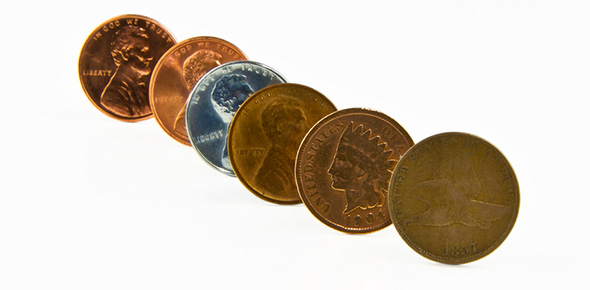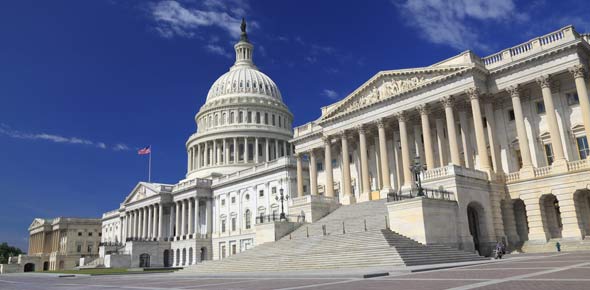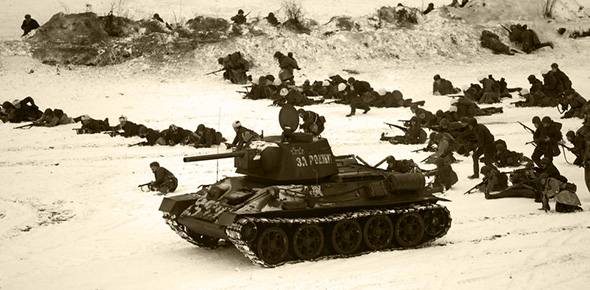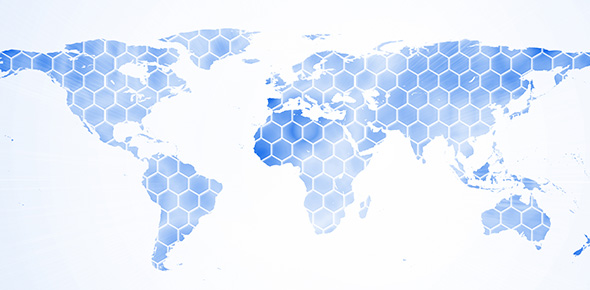Related Flashcards
Cards In This Set
| Front | Back |
|
Two of the most influential French thinkers of the Enlightenment were these men; one who was known as the Father of Enlightenment, and and another who known as the Father of French Romanticism.
|
Voltaire and Rousseau
|
|
The three most influential thinkers of this time were the German philosophers this man and the German teholgoian Schleiermacher. This philosopher howeversaid that the senses and the mind are the sole avenues of knowledge and that man cannot know God or the soul by either of these avenues.
|
Immanuel Kant
|
|
This man was also a philosopher who introduced dialectic thinking.
|
G.W.F. Hegel
|
|
This theologian, a follower of Kant, is called the Father of Theological Liberalism.
|
Frriedrich Schleiermacher
|
|
This british naturalist popularized the idea in 1859 when he published the Origin of Species
|
Charles Darwin
|
|
The man most responsible for the rise of modern socialism was this man; also known as the Father of Communism.
|
Karl Marx
|
|
He was President Wilson's secretary of state who also became well known for his work in settling international disputes through arbitration.
|
William Jennings Bryan
|
|
Under the forceful leadership of this man, Germany was eager to flex its muscles, expand, and demonstrate its strength to the older nations of Europe.
|
Kaiser Wilhelm II
|
|
Spiritually bankrupt Europe found an excuse for war on June 28, 1914, when this man, who was heir to the Austrian throne, and his wife were shot by a Serbian assassin in the Bosnian town of Sarajevo.
|
Archduke Francis Ferdinand
|
|
During the war, the federal government controlled the nation's railroads and placed them undert he supervision of this Secretary of the Treasury
|
William G. McAdoo
|
|
The board was headed by ex-President and prominent lawyer Frank P. Walsh.
|
William Howard Taft
|
|
A food administration was created under the leadership of this man, who a mining engineer, who had become well-known for his relief work among the suffering people of Belgium earlier in the war.
|
Herbert Hoover
|
|
Among those arrested under the terms of the Espionage Act was this man, and influential Socialist leader.
|
Eugene Debs
|
|
President Wislon appointed this general to be commander of the American troops in France, the American Expeditionary Force (AEF).
|
John J. Pershing
|
|
By the end of the war, Americans could boast 22 "acres," the most famous of which was this man, who destroyed over 20 enemy planes and several balloons.
|
Eddie Rickenbacker
|







